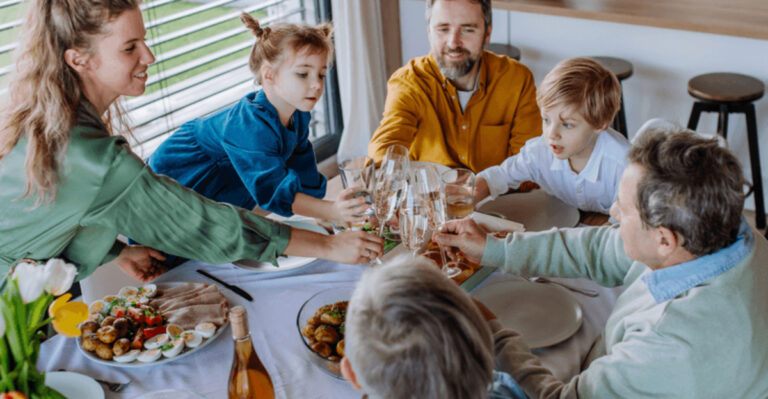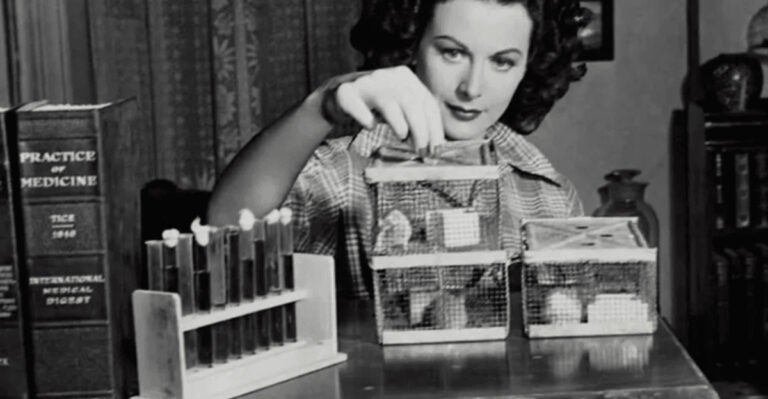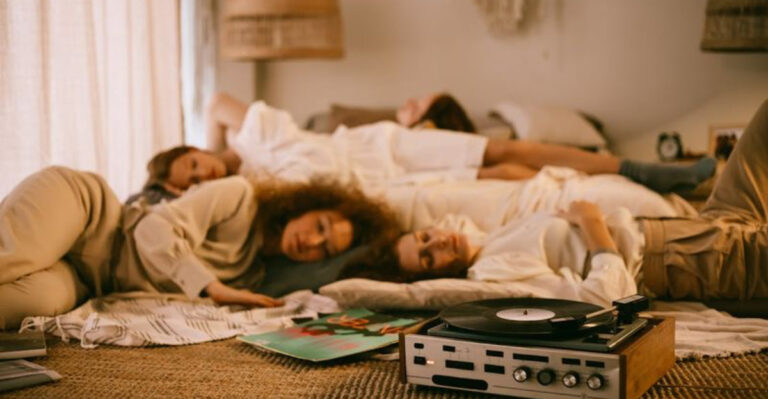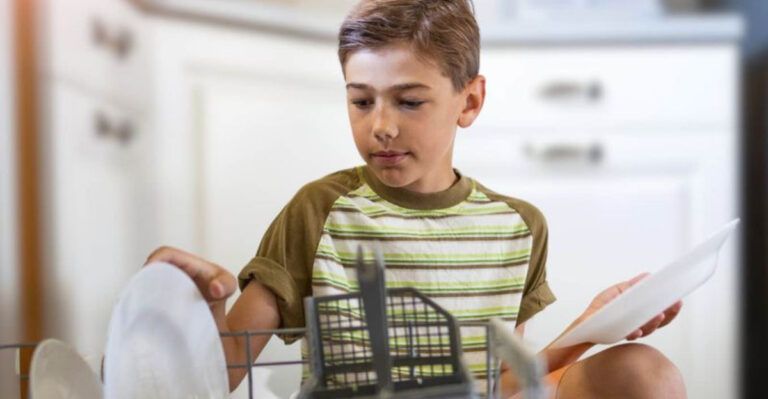17 Family Traditions Boomers Were Right About All Along
I’ll tell you what I wish someone had told me sooner: most of the things we roll our eyes at when it comes to our parents’ or grandparents’ traditions? They stick around for a reason.
Maybe we’re tired, maybe we crave connection but don’t know how to build it anymore. These old habits—the ones you grew up with or maybe heard about like distant urban legends—are still the scaffolding holding up what family means, even now.
You don’t have to romanticize the past to admit that some things worked. The proof’s in the cravings we have for real conversation, laughter that isn’t measured in “likes,” and memories that don’t need a filter.
Here’s the truth: Boomers weren’t perfect, but they did get some things right. These 17 family traditions—they’re the ones I keep finding myself craving, the ones that still matter, even if we try to pretend they don’t.
1. Sunday Family Dinners
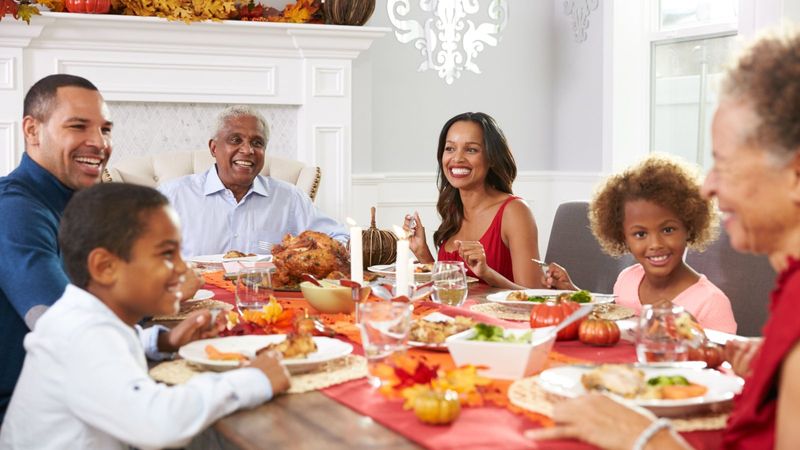
You know that feeling when Sunday rolls around and you’re not sure whether to binge a show or just scroll until bedtime? That’s when I remember Sunday family dinners. My parents didn’t ask; they expected us at the table, rain or shine.
There was always something slow-cooked, something that made the house smell like comfort. Sometimes, conversation got awkward—half arguments, half inside jokes—but that was real. Nobody checked their phone. No one left before dessert.
What I’d give for one night where everyone put their guard down and just showed up. Turns out, those endless dinners built a kind of belonging you can’t manufacture. The food was good, but it was the ritual that fed us most.
2. Handwritten Letters
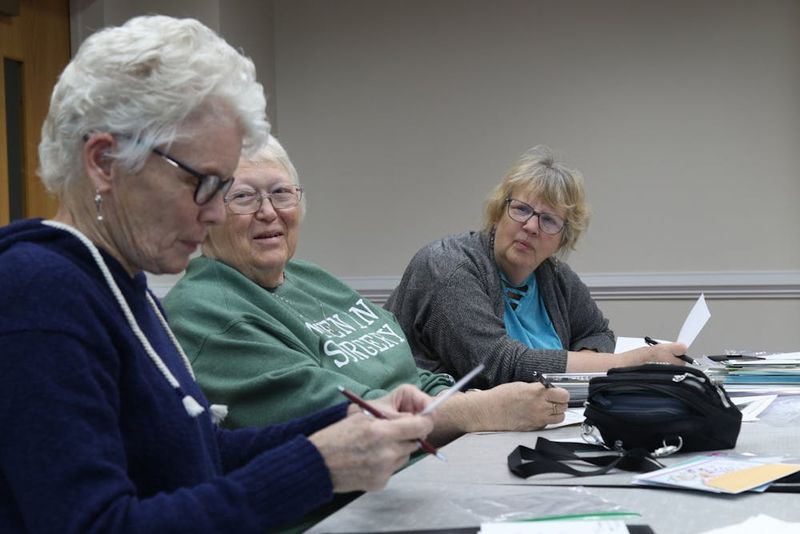
My grandmother’s handwriting was a little shaky, but her letters felt like a hug that found its way across states. She’d send recipes, birthday cards, or just a line to say she missed me. Somehow, seeing words in ink carved out a space for me—proof I mattered beyond a green dot on a chat app.
I tried sending a letter last year. It felt awkward at first. Slower, yes, but that was the point. Time stitched into words, effort poured out on paper. No autocorrect, just real mistakes and real feelings.
Mailing that envelope, knowing someone would open it and hold my thoughts in their hands, was a kind of magic I’d forgotten existed. Maybe you have, too.
3. Home Cooking
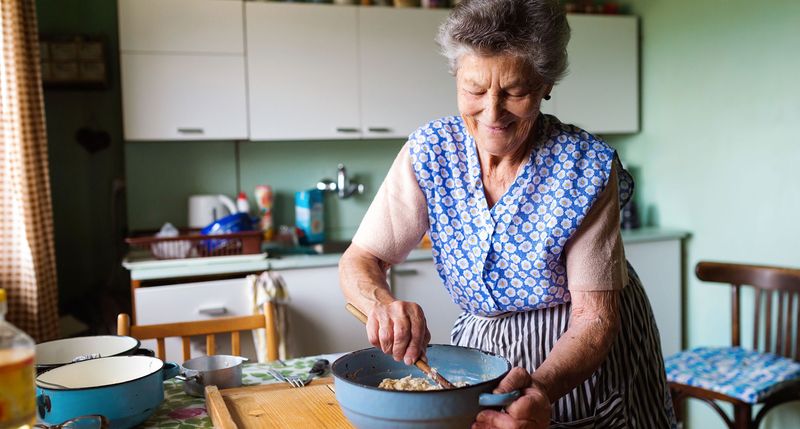
The kitchen was my mother’s stage, and every meal was her way of showing love—even if we complained about the broccoli. She taught me to slice onions without crying (mostly), how to tell when pasta was perfect, and which family stories paired best with lasagna.
Fast food was a treat, not the standard. Cooking together didn’t just fill stomachs; it carved out pieces of our day for real talk. Some of my best confessions happened while washing dishes, hands wrinkled from suds.
Now, when I chop garlic, I hear her voice and realize that home-cooked meals are less about the food and more about building something that lasts longer than leftovers.
4. Face-to-Face Communication

It’s wild how rare it feels to make eye contact and actually listen. I remember after-school talks with my dad on the porch; he’d ask questions and actually wait for my answer. No notifications, no distractions—just space to be heard.
I tried this with my own kids. The first few minutes were awkward—everyone so used to looking down at a screen. But when they met my gaze, something shifted. We remembered we were real, not just avatars passing in the hallway.
Face-to-face talks don’t guarantee perfect understanding, but they do force us to show up as ourselves. There’s no hiding behind a text. And that’s a tradition worth defending.
5. Family Game Nights

Monopoly fights and Uno betrayals—classic, right? Game night was its own brand of chaos, but for a few hours, everyone dropped their worries and picked up dice. My little brother cheated at Clue, grandma always chose the same piece, and somehow it worked.
It wasn’t about who won. It was about the teasing, the strategizing, the debates over rules that probably only made sense to us. We made memories by accident, just by showing up.
Now, I get why Boomers loved this stuff. It carved out time for fun, for connection that couldn’t be scheduled by Google Calendar. It’s messier, louder, and way more real than any group chat.
6. Gardening Together
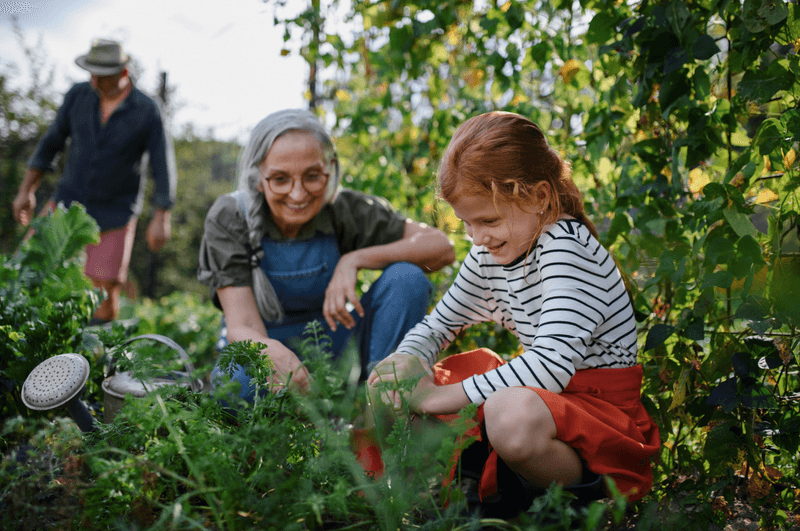
My grandpa’s hands were always stained with dirt—no matter how many times he washed them. He’d hand me a trowel like it was a magic wand, and together we’d claim a tiny piece of nature for ourselves.
Waiting for tomatoes to ripen taught me patience I never wanted but definitely needed. We’d talk about everything and nothing, sometimes in comfortable silence. I learned how the smallest effort could bloom into something big.
Gardening was a lesson in nurturing, in sticking around when things get messy. Turns out, the slow magic of growth sticks with you.
7. Potluck Dinners
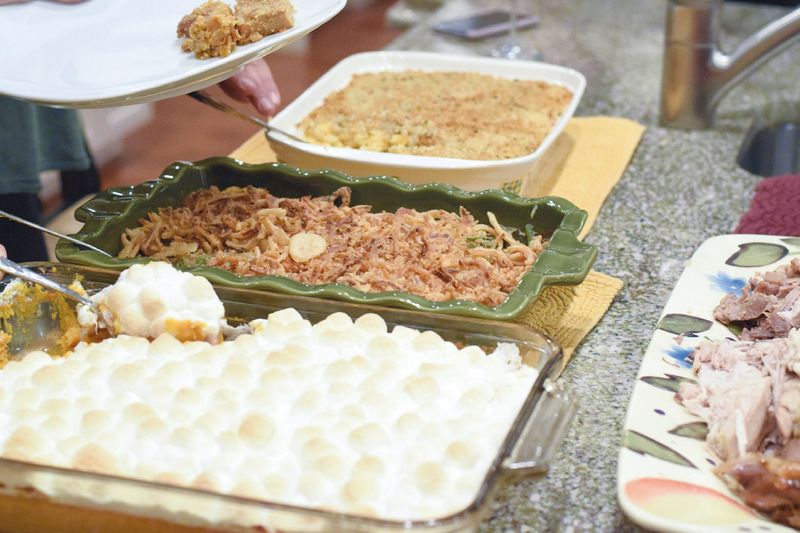
My first potluck was a sensory overload—everyone’s signature dish, from weird Jell-O molds to the world’s best fried chicken. It was understood: sharing food meant sharing stories. You didn’t need an invitation, just a plate and something to offer.
Potlucks blur the lines between host and guest. Everyone pitches in, everyone samples a bit of each other’s life. The table becomes a patchwork of flavors, histories, and inside jokes.
That kind of generosity feels rare now. But every time I host one, I see people light up, surprised by how easy it is to feel welcome. Boomers didn’t just make food—they made room for you, too.
8. Reading Physical Newspapers

I used to watch my dad fold the newspaper with the precision of a surgeon. He’d circle headlines, mutter about politics, and pass me the comics—his way of letting me in on grown-up secrets. The crinkle of newsprint meant mornings had a rhythm.
Digital news is faster, but it doesn’t linger. Holding the paper meant you had to slow down, look for meaning between the ads and the ink smudges. It anchored the start of the day.
Sometimes I pick up a newspaper just to remember what that felt like—a little old-fashioned, a lot more real. Boomers got this right: connection starts with the small rituals.
9. Sending Holiday Cards
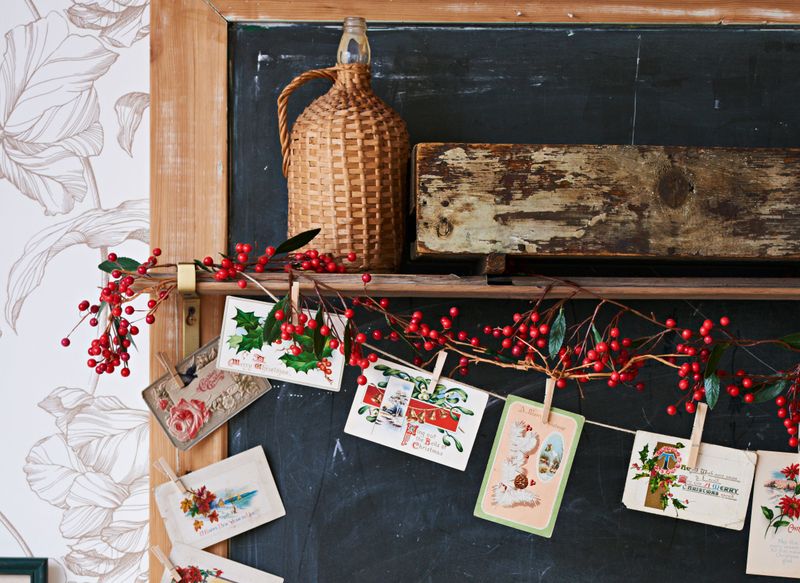
Every December, my mom set out stacks of cards and a pen that always ran out halfway through. She’d write a note to every family friend, no matter how long it’d been. The kitchen turned into mission control for holiday cheer.
Getting a card in the mail felt like proof someone remembered you—all the more special in a mailbox full of bills. The act of choosing, signing, and sending was its own celebration.
Years later, I find myself craving that personal touch. Even if the cards are cheesy, even if my handwriting’s a mess. A holiday card says, “I took the time.” That matters more than ever now.
10. Family Road Trips

We fought over the radio and who got the window seat, but family road trips are where my best stories started. There’s something about being trapped together in a car that makes secrets come out and playlists get weird. Rest stops turned into adventures, even if it was just for snacks.
We’d pass state lines and tell the same tired jokes, but it felt big. Like the world was out there waiting for us, together. Every mile was a memory in the making—sometimes good, sometimes cringeworthy.
Looking back, I know Boomers had it figured out: escape the routine, even if gas station bathrooms are the price of admission. It’s always worth the ride.
11. Birthday Phone Calls

Admit it, you dreaded the “Happy Birthday” song over the phone, but secretly, it made you feel seen. You’re not alone. My aunt called every year, early in the morning—it didn’t matter if I was busy or half-asleep.
Phone calls are risky. You can’t edit your tone, can’t think up the perfect reply. But that’s what makes it real. The awkward pauses and corny jokes, the way someone’s laugh hits different through the receiver.
I still keep a list of birthdays to call, not just text. Boomers had it right: some moments deserve to be heard, not just read.
12. Passing Down Family Recipes

If you want to know a family’s secrets, check the recipe box. My grandma’s chocolate cake had no measurements, just “a pinch” or “until it looks right”—you had to watch and learn. We made a mess, argued about salt, and in the end, created something only we could make.
Handing down recipes wasn’t just about the food. It was a way to pass on identity, a little slice of history tucked into every bite. The kitchen became a classroom—equal parts chaos and comfort.
Now, when I cook for my own kids, I add my scribbles to the old cards. Each recipe becomes a living memory and a reason to gather again.
13. Volunteering as a Family
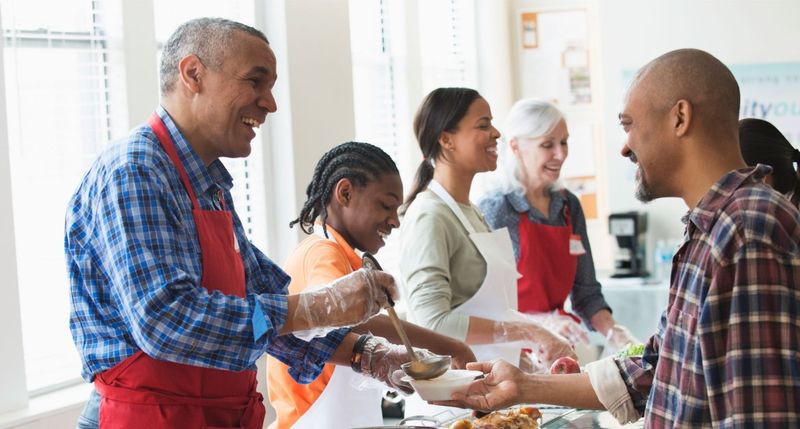
We grumbled about waking up early, but volunteering as a family gave us a sense of purpose that stuck long after the work was done. My parents believed in pitching in, showing us that the world was bigger than our own worries. Helping out meant getting your hands dirty and your perspective changed.
Serving meals, picking up trash, or just being present at community events—it was never glamorous, but it felt real. We met people we wouldn’t have otherwise, learned stories that shifted how we saw the world. There’s something grounding about giving without expecting anything back.
I try to keep that habit alive. Boomers knew: generosity isn’t just something you say—it’s something you do, together.
14. Watching TV Together (Appointment Viewing)

Remember when you had to wait all week for a show, then everyone watched it together? We’d fight over the remote and talk through the commercials, but those nights are burned into my memory.
We bonded over plot twists and groaned at cliffhangers, sometimes yelling at the screen together. The living room turned into a small theater—no pausing, no spoilers, just raw reactions. It didn’t matter if the show was good or not; what mattered was sharing it.
Streaming is convenient, but it’s not the same. Half the fun back then was in the waiting, the watching, and the laughing—together.
15. Annual Family Photos
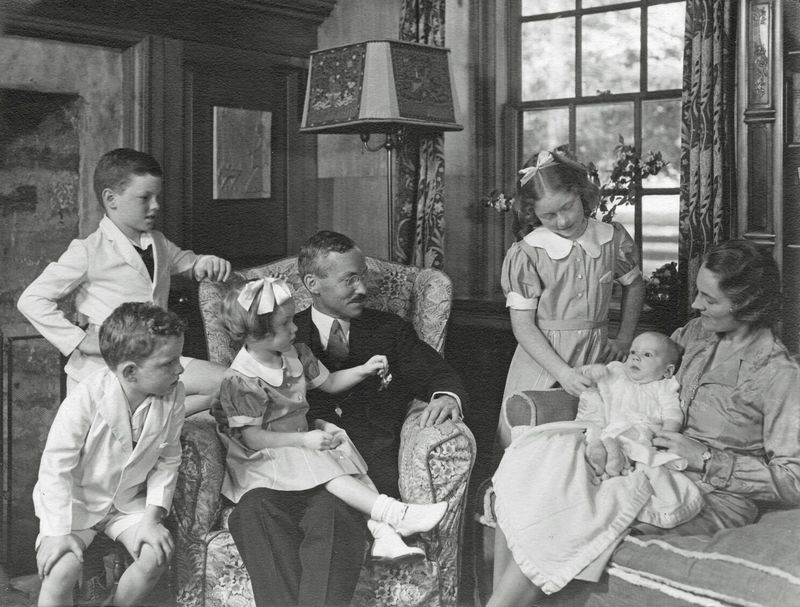
Those awkward family photos with bad haircuts and forced smiles? They’re gold now. Every year, we’d line up—taller in the back, kids squirming up front—and someone would crack a joke just as the shutter clicked. We groaned at the time, but I look back and see time moving through those snapshots.
It wasn’t about looking perfect. It was about marking that we were here, together, for one more year. Even the outtakes became part of our story, the proof that we grew and changed and still showed up.
When I see those old photos, I don’t just see faces. I see love, stubbornness, and the kind of history you can’t fake. Boomers knew the value of a picture—flaws and all.
16. Attending Religious Services Together
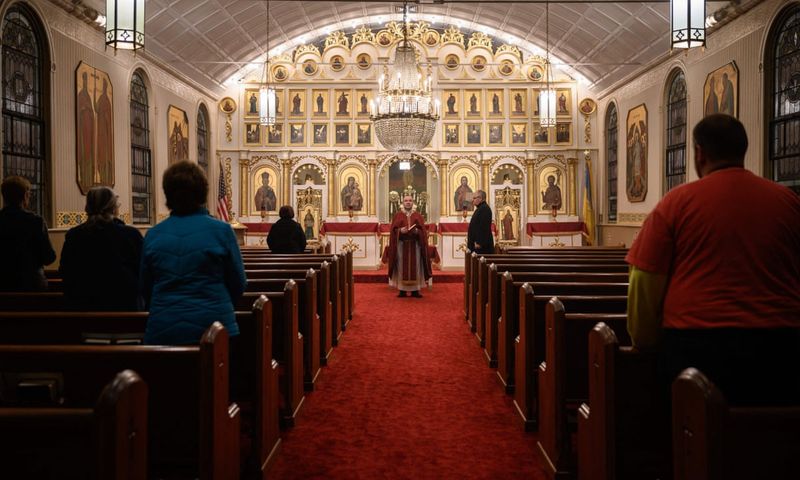
Sunday mornings had a rhythm: ironed shirts, lukewarm coffee, and a scramble to find matching shoes. Going to church wasn’t just about belief; it was about belonging. We sat in the same pew, mumbled the same hymns, and exchanged knowing glances during long sermons.
Sometimes I resented it, honestly. But those shared rituals—the smells, the songs, the greetings from people who watched me grow up—stitched us together in ways I only understood as an adult.
Faith or no faith, Boomers understood the need for community, for something bigger than ourselves. Showing up, week after week, built a sense of home that lasted beyond the walls.
17. Celebrating Milestones In Person
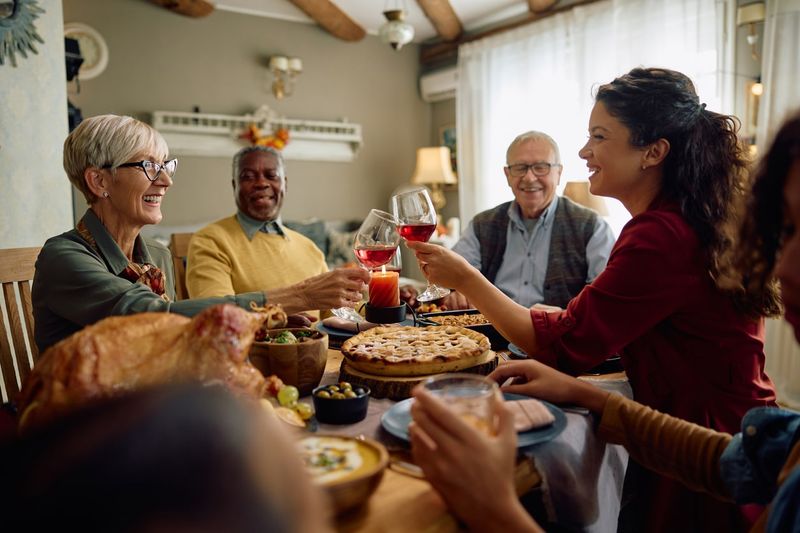
My favorite memories aren’t from text messages or social media updates—they’re from crowded rooms, hugs that lingered, and cake that was always just a bit lopsided. Boomers made a point to show up for graduations, anniversaries, and every little milestone worth honoring.
The photos were blurry, but the feelings were sharp. We cheered too loud, sometimes cried, and always made time to be there—not just send a gift card.
It’s easy to forget how powerful presence is. Celebrating in person turns little achievements into big memories. It says: you’re worth the effort and I’m glad you exist.



